Dr Sascha Dov Bachmann, Associate Professor in International Law (BU) and War Studies (Swedish Defence University), acting Director of BU’s Centre for Conflict,Rule of Law and Society has joined forces with Professor Louis de Koker and Professor Pompeu Casanovas from La Trobe University, Melbourne, Australia to convene the conference
Global peace and security has seen the arrival of new security threats in the form of hybrid threats and cyber-attacks.
This symposium provides a platform for the discussion of a new form of warfare, namely ‘hybrid warfare’. Hybrid war is the use of a range of non-conventional methods (e.g. cyber warfare and lawfare) in order to disrupt, discourage and disable an adversary’s capabilities without engaging in open hostilities and may use the full range of military and non-military options for achieving its strategic objectives. Such hybrid warfare might include aspects of ‘cyber terrorism’, ‘cyber war’ and cyber-based ‘information operations’, a topic of particular interest given Russia’s ‘Ukrainian Spring’, the continuing threat posed by radical Islamist groups in Africa, the Middle East and the Asia-Pacific region as well geopolitical shifts.
The interdisciplinary symposium will discuss military doctrines, new and traditional approaches to war and peace and its perceptions, the use of cyber warfare, the use of mass media communication to meddle in internal state affairs, including impact on state elections and public sentiment, as well as the use of lawfare (the strategy of using – or misusing – law as a substitute for traditional military means to achieve a war-fighting objective) to achieve military goals in a non-kinetic way and the use of various means to disrupt a nation’s economy, public services and national interests.
At the heart of the symposium stand the questions of how to increase resilience and whether responses to such hybrid threats need to change in the future.
This seminal conference brings together academics and military professionals from the region and beyond to discuss new security challenges from a Asia-Pacific and especially an Australian perspective.
Deadline for submissions: 31 October 2018
Symposium Date: 25 – 26 March 2019
Place: La Trobe University, Melbourne, Australia
Proposals must be sent by email to the Lead Convenor: Professor (AP) Sascha Dov Bachmann (email: sbachmann@bournemouth.ac.uk).
Convenors:
- Professor (AP) Sascha Dov Bachmann (email: sbachmann@bournemouth.ac.uk (Lead Convenor)
- Professor Pompeu Casanovas (CasanovasRomeu@latrobe.edu.au) and Professor Louis de Koker (L.deKoker@latrobe.edu.au).





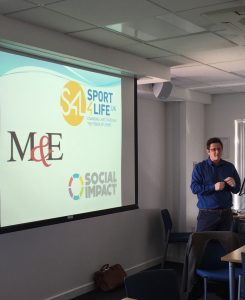

 One week to go to find out more about education, practice and research at the Humanising Care, Health and Wellbeing conference 21-22 June 2018
One week to go to find out more about education, practice and research at the Humanising Care, Health and Wellbeing conference 21-22 June 2018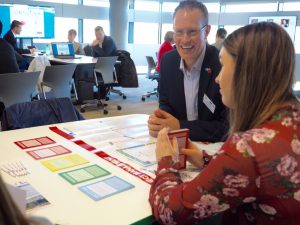

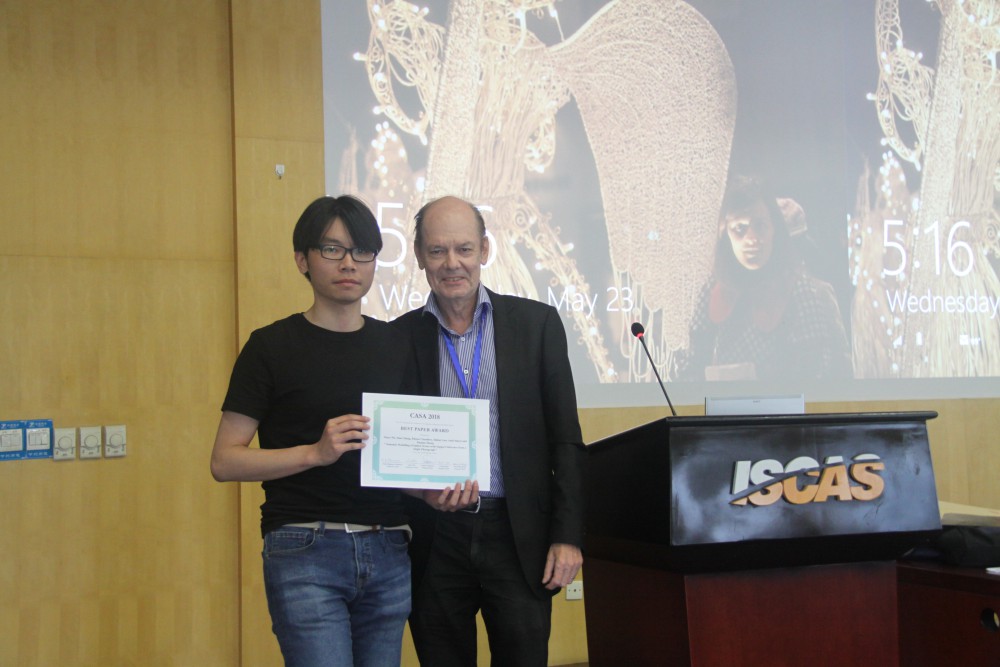
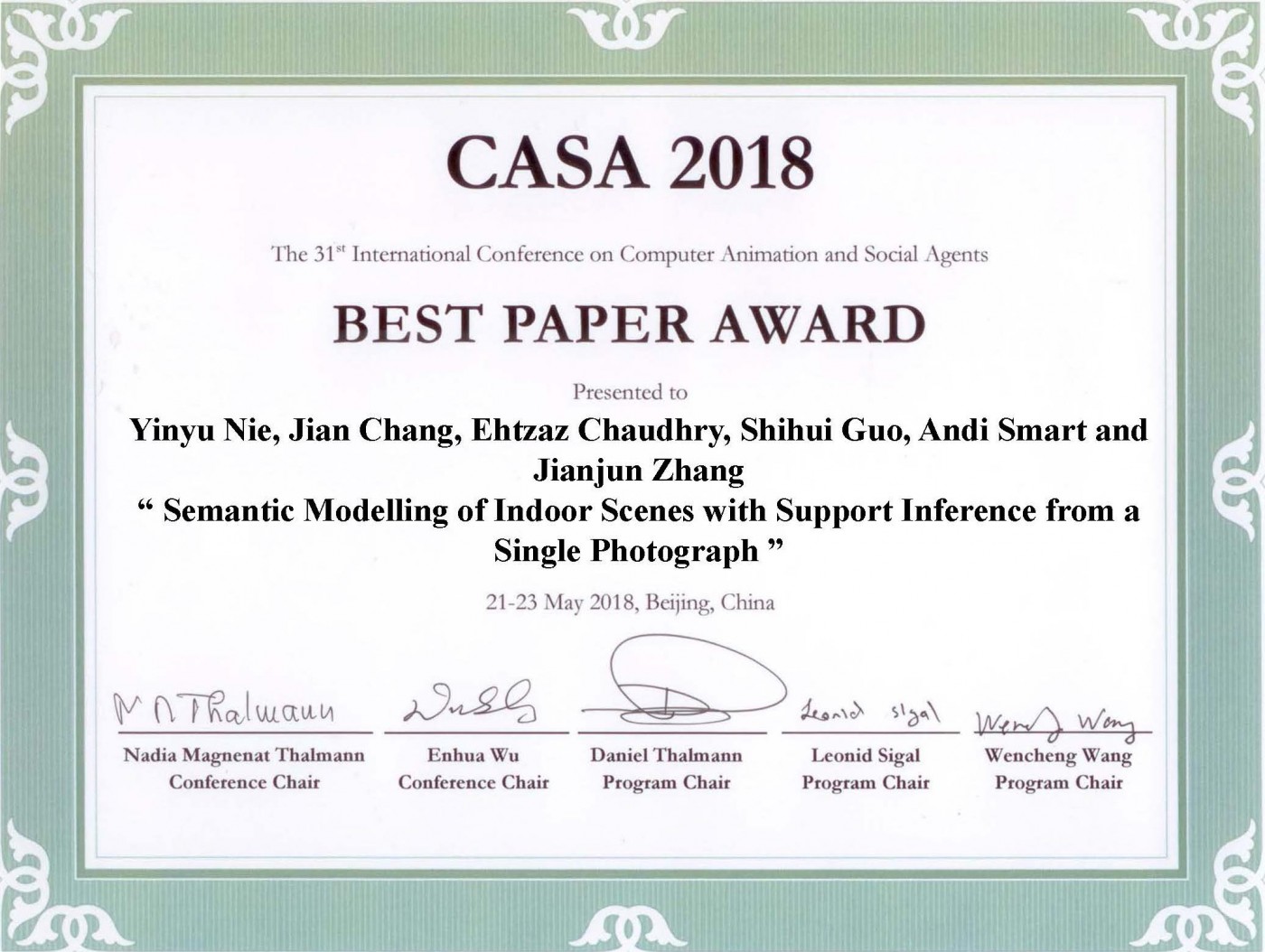
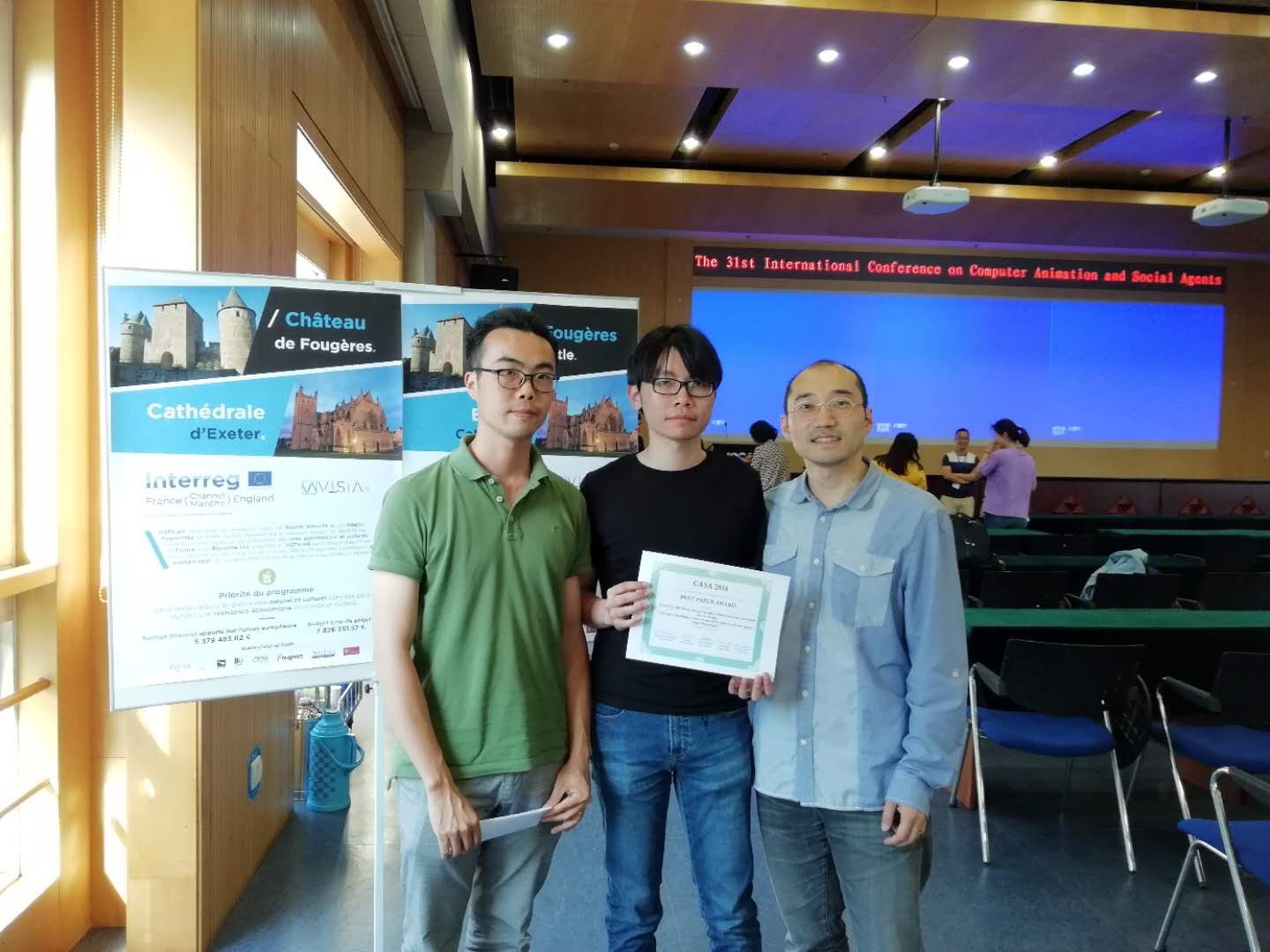
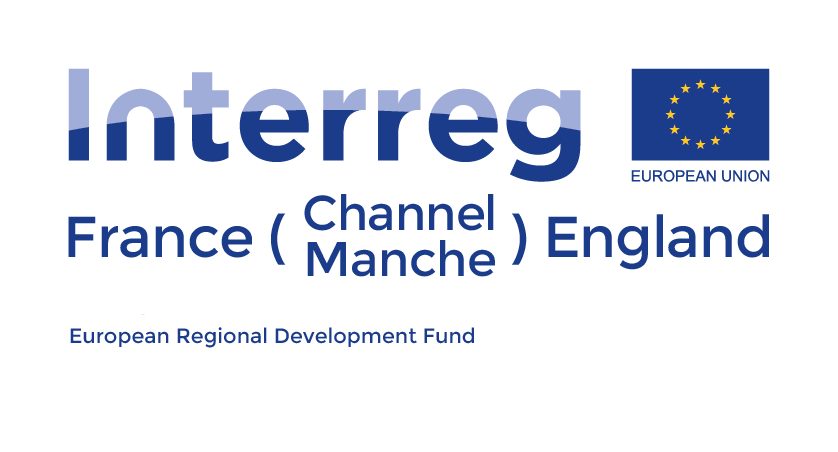

 Alina is a founding member of the Interest Group established officially in 2016, following a collective effort of raising signatures that she co-ordinated as a volunteer. The Group has grown fast to over 100 members worldwide and brings together scholars investigating topics related to public diplomacy, nation branding, country image and reputation, public relations for and of nations, as well as political, global and cultural communication influencing international relations.
Alina is a founding member of the Interest Group established officially in 2016, following a collective effort of raising signatures that she co-ordinated as a volunteer. The Group has grown fast to over 100 members worldwide and brings together scholars investigating topics related to public diplomacy, nation branding, country image and reputation, public relations for and of nations, as well as political, global and cultural communication influencing international relations.
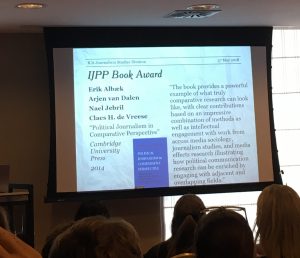 Dr Nael Jebril was recognised for his co-edited book entitled
Dr Nael Jebril was recognised for his co-edited book entitled 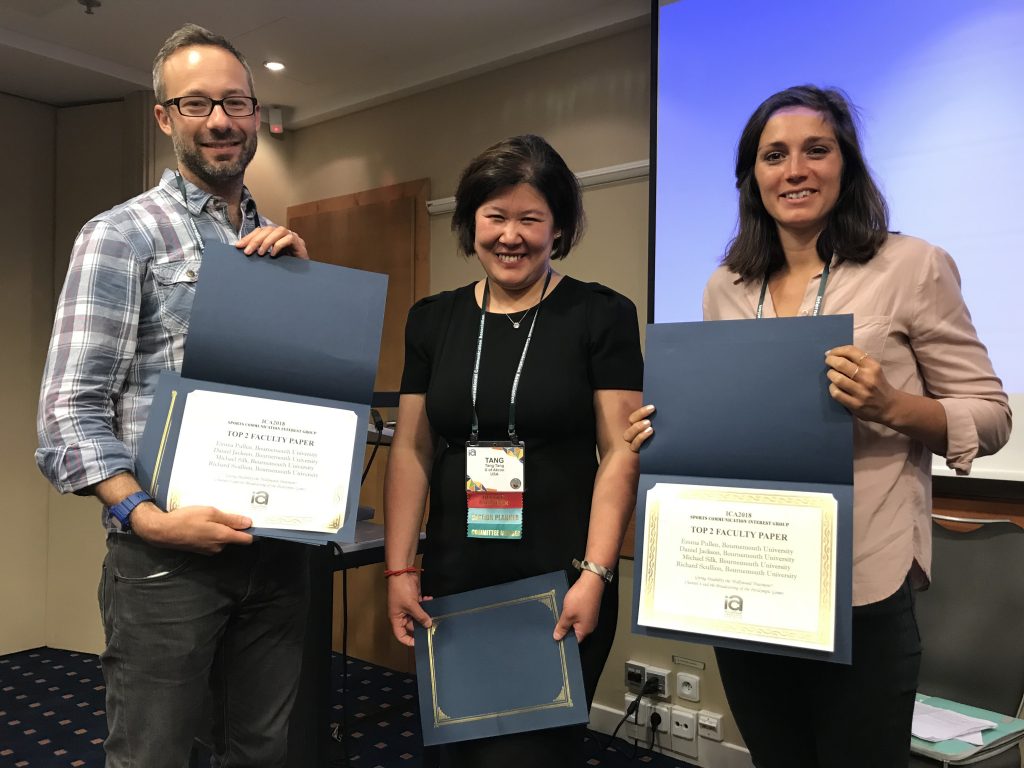


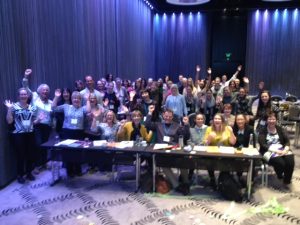
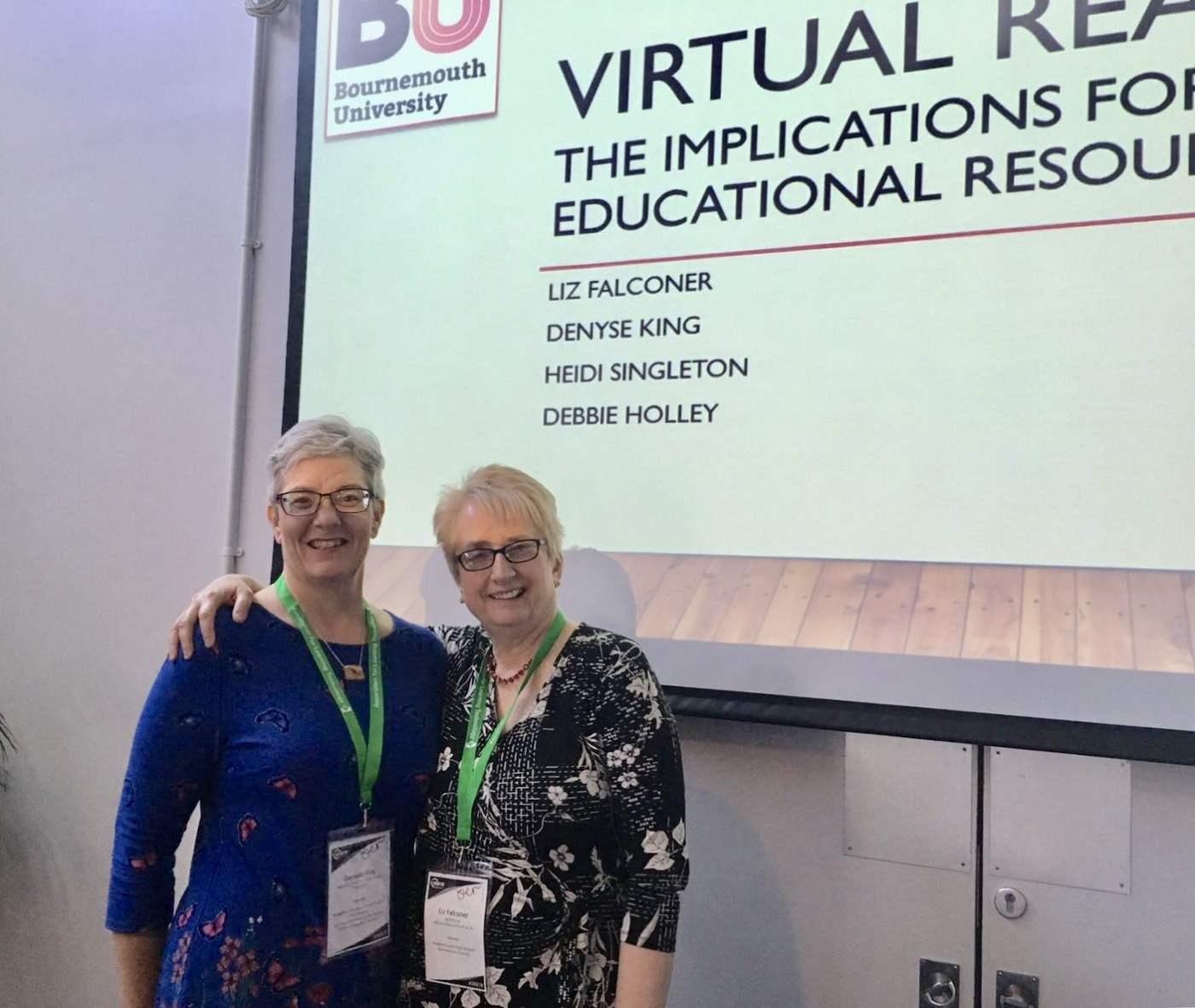











 New CMWH paper on maternity care
New CMWH paper on maternity care From Sustainable Research to Sustainable Research Lives: Reflections from the SPROUT Network Event
From Sustainable Research to Sustainable Research Lives: Reflections from the SPROUT Network Event REF Code of Practice consultation is open!
REF Code of Practice consultation is open! ECR Funding Open Call: Research Culture & Community Grant – Apply now
ECR Funding Open Call: Research Culture & Community Grant – Apply now ECR Funding Open Call: Research Culture & Community Grant – Application Deadline Friday 12 December
ECR Funding Open Call: Research Culture & Community Grant – Application Deadline Friday 12 December MSCA Postdoctoral Fellowships 2025 Call
MSCA Postdoctoral Fellowships 2025 Call ERC Advanced Grant 2025 Webinar
ERC Advanced Grant 2025 Webinar Update on UKRO services
Update on UKRO services European research project exploring use of ‘virtual twins’ to better manage metabolic associated fatty liver disease
European research project exploring use of ‘virtual twins’ to better manage metabolic associated fatty liver disease